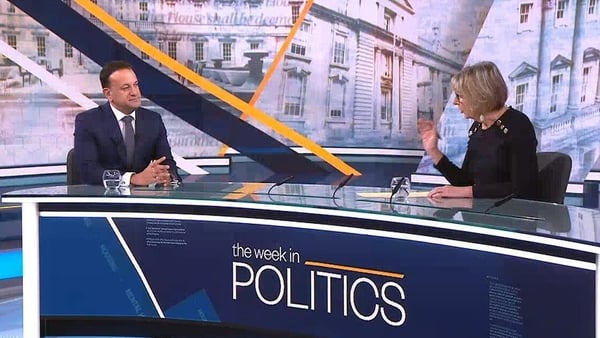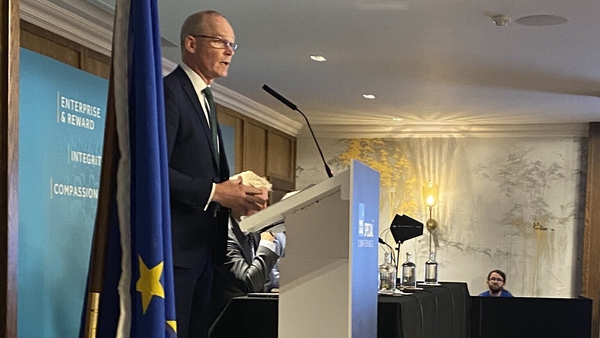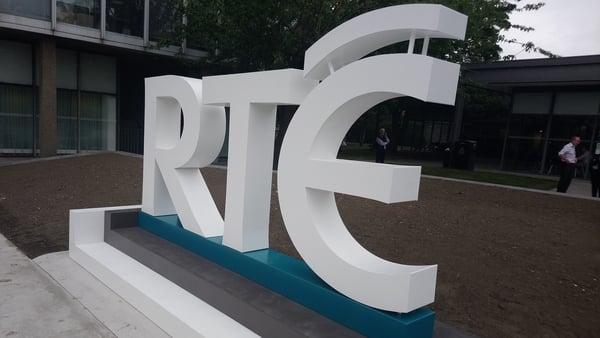The political fallout from the horrific attacks and riots in the centre of Dublin is yet to play out. But with opposition parties saying they have no confidence in the justice minister, business groups saying they had warned about the insufficiency of gardaí on the streets, and widespread concerns about the rise of the far right, these are tense times.
The issues will be discussed in the Dáil next week but the coalition, despite the public insistence that they are united, will be on the back foot.
There had already been an idea taking hold in Leinster House in recent weeks, that when they return after the Christmas break, they will be on an election footing.
The prospect of a general election in 2024 - specifically in the autumn of next year - is looming large in the minds of TDs. In the past two weeks it has gone from a point of speculation to something individual TDs and parties are actively working towards.
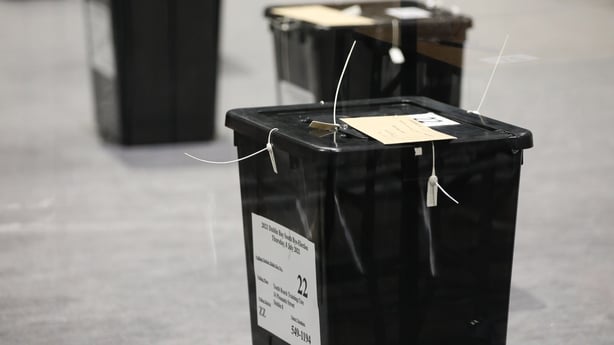
This idea was building before the violence in the capital in recent days, something that will be the focus of a large share of the political attention between now and whenever and election might be.
At the Fine Gael special conference in Maynooth last week, Taoiseach Leo Varadkar was trying to make up lost ground on the issue of law and order, promising more prison sentences and locking serious criminals up for longer.
Fine Gael Deputy leader, Simon Coveney, gave a strong hint of a general election sooner rather than later. "We're moving towards the end of our third term in government," he told a gathering of his party faithful, "we are up for fighting for a fourth!"
The door to a 2024 general election was then left open by the Taoiseach, who said the exact timing has not been decided – a softening from his ruling it out some months ago. Grassroot members believed it should happen late next year.
For his part, Fianna Fáil leader Micheál Martin has said it "will go the full term", while Green Party leader Eamon Ryan has said he does not want to see an early election.
But privately, their TDs are in preparation mode.
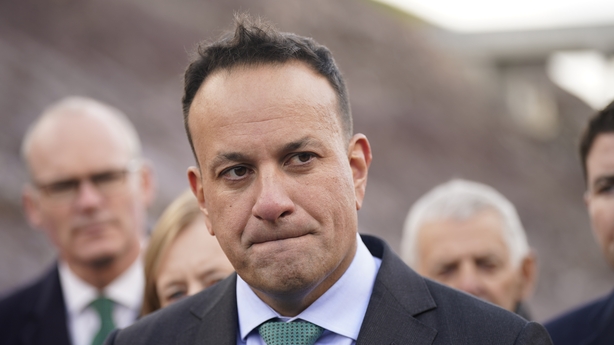
There are three windows for when the general election should be held: In the coming spring – after Mr Varadkar visits the White House for St Patrick’s Day and before June’s local and European elections; Next autumn in the aftermath of what it’s hoped will be a giveaway Budget; Or holding out until the coalition has run its full term in March 2025.
The middle option is now, many senior members of Government believe, the politically safest option.
Calling it early next year would be hard to justify. The Government has a stable majority and is working reasonably well. "It would be a bit odd, there would be no real reason to justify it," said one senior government source.
Going all the way to the Spring of 2025 is not impossible, but there is a risk to it. If you run up to the last minute, you are handing control of the narrative to the opposition. The risk of things falling apart grows greater.
An earlier election - taking place next autumn - would give Mr Varadkar and his government better control of their political destiny. It would mean a shorter campaign, and would give his government a better hand at controlling it on its own terms.
There are a number of factors that will come into play.
The first is the prospect of by-elections following the likely election of some TDs to the European Parliament. These would have to be held within six months, or by the end of next year.
The prospect of heading into a general election a few months later, following deflating by-election defeats is not something the government parties would relish. And so they would opt to have a full-blown general election in autumn, rather than face into by-election defeats.

Another big factor is progress on what is likely to be one of the hottest topics of the election campaign, housing. The coalition believed - rightly or wrongly - that progress is being made in this area. If they are true to their word that next year will be a record year for building public housing, then by next autumn they will be on a far steadier footing on this issue.
Next year's Budget will also play a role. The government gets to control the timing of a budget. There is speculation it could happen in September, with two weeks to pass the Finance Bill, allowing for a pre-Halloween election.
The final factor is coalition relations. Constitutionally, it is the perogative of the Taoiseach to call the election whenever he chooses. But it would be smart politics for him to decide it in conjunction with the other coalition party leaders.
While there will be no transfer pacts, the coalition parties – in particular Fianna Fail and Fine Gael are likely to rely on each other for transfers. Particularly the case of an election that might be decided on where the last seats go in each constituency. So they will want to keep coalition partners on side.
Also, as one senior source noted, it would be very hard to ask the electorate to vote for stability, if this government ended with a big bust up.
There are many moving parts. And the timing of an election is always at the mercy of events - such as those that have unfolded in recent days.
There is every chance, as many TDs have observed, that this time next year we will be in the throes of government formation talks. That's if they can get through the fallout from the chaos in the capital.


